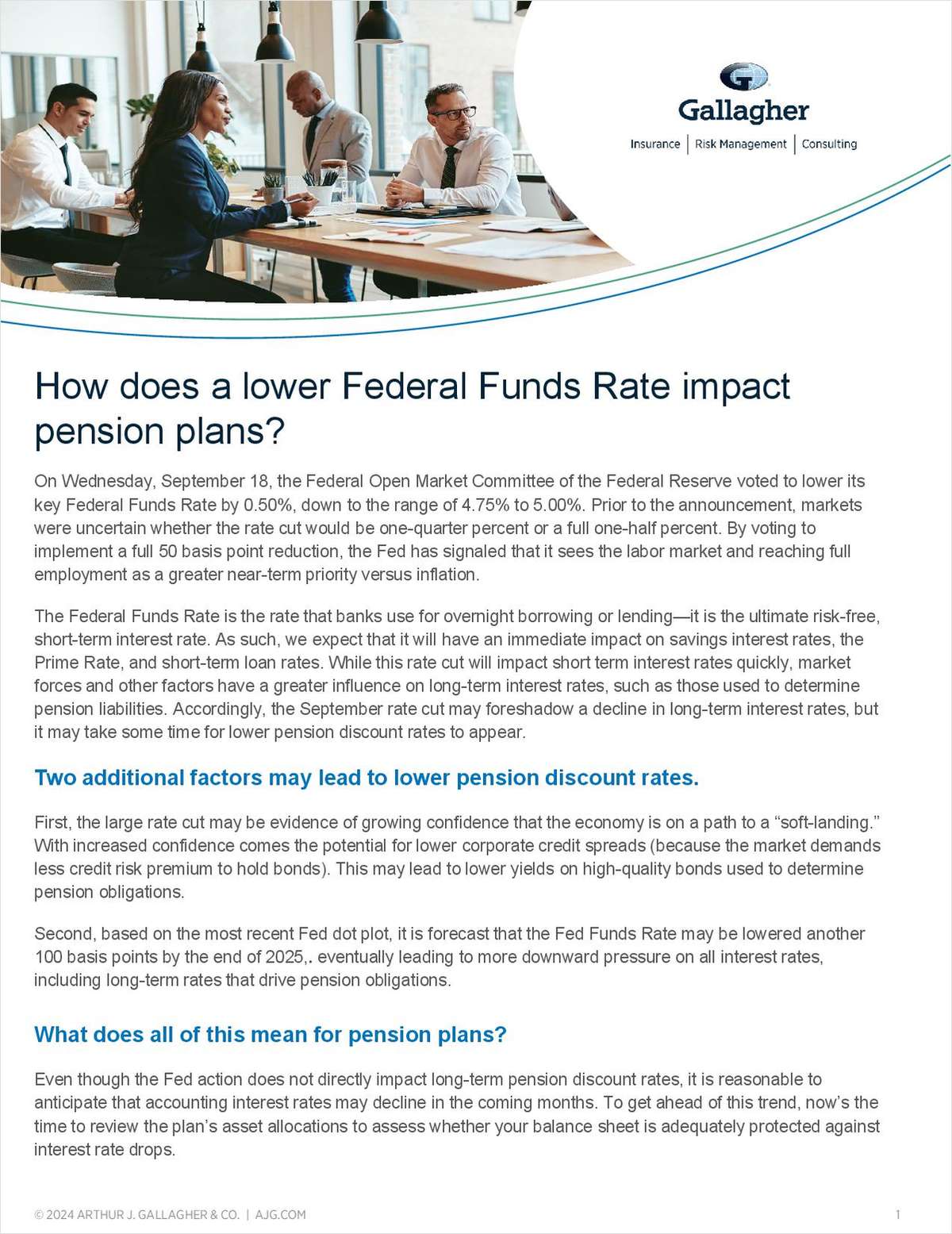Today, several Democrats raised concerns over the Department of Labor’s proposed fiduciary rule at a hearing held by two subcommittees of the House Financial Services Committee.
“I can’t believe we are still talking about this issue,” said Rep. John Carney, D-Delaware, who expressed concern that the rule could unintentionally restrict access to financial advice for low- and middle-income Americans.
Carney, who said the complexity of the issue was “beyond me” when he first set out to understand it in 2010, when the DOL first attempted to write a new fiduciary standard, also said the time to create a new rule is now.
“I don’t think we should kick the can down the road anymore,” said Carney.
That statement leaves in question whether he would support the Retail Investor Protection Act, a new iteration of a law first introduced in 2013 and sponsored by Rep. Ann Wagner, R- Missouri, which would require the Securities Exchange Commission to be the lead regulator in writing a new fiduciary rule.
Such a requirement would certainly slow the process of implementing a new fiduciary standard.
Opponents of the DOL’s rule argue a new best-interest standard is best left to the SEC, which has both the jurisdictional authority and expertise to write a new rule.
But the SEC is years away from finalizing a rule, as the agency has been slow, if not reluctant, to initiate the rulemaking process.
Such stasis means the DOL is right to act, argue proponents of its rule.
No Democrat in the hearing was as insistent in their opposition to the rule as Rep. David Scott, D-Georgia.
“The rule puts financial advisors in a straight jacket,” said Scott, who believes the proposal’s Best Interest Contract Exemption, a new fee-disclosure requirement that investors would have to sign, could “frighten the very consumers” the rule is trying to help.
Scott said that the African-American community could be particularly vulnerable to such an unintended consequence of the rule. Scott, a member of the Congressional Black Caucus, expressed his concerns for the rule in a letter to Labor Sec. Thomas Perez that was co-authored by Rep. Wagner.
Rep. William Clay, D-Missouri, also a member of the Financial Services Committee and Congressional Black Caucus, signed the letter to Perez as well.
Rep. Brad Sherman, D-California, said that he supported the Retail Investor Protection Act in 2013, but indirectly cautioned Rep. Wagner that the bill’s new version, which he said would ask the SEC to move more slowly on a fiduciary rule, “could make it harder for us to support.”
Nevertheless, Sherman was extremely critical of the DOL’s proposal.
“The rule is written by economists that believe everyone in the country is an economist,” said Sherman, referring to predictions that small investors would end up having to go it alone or rely on robo-advisor advice.
“People want to invest where they can talk to a person,” said Sherman, whose line of questioning to the hearing’s panelists suggested a suspicion of robo advice.
Rep. Gregory Meeks, D-New York, insisted the DOL’s rule must weigh the need for access to financial advice with the need to protect the vulnerable.
“Most Americans are not financial experts,” noted Meeks. “It’s a balancing act. This DOL rule is far too important. We must strike the right balance.”
The hearing’s five panelists were heavily weighted against the DOL’s rule, with only one, Mercer Bullard, a securities attorney and former assistant chief counsel at the SEC, in support of the proposal.
The Retail Investor Protection Act would only serve as interference for a rule that is necessary to address conflicts of interests inherent in the advisor industry, implied Bullard.
Several times during the hearing, he used the example of differences in compensation for short-term bond funds and equity funds, and bonuses tied to quarterly and annual sales quotas as examples of systemic incentives that encourage brokers to give conflicted advice.
“I’d like to see what the DOL finally adopts” before passing a law that would require the SEC take the lead in new rulemaking, said Bullard.
“The SEC for the last 15 years has exhibited a rule-making paralysis,” he added. “This subcommittee knows better than anyone that SEC seems incapable of producing a rule on this.”
He said the SEC is the “last agency on earth” that can be expected to get a rule done.
One Republican, French Hill, R-Arkansas, who ran a broker-dealer and was a fiduciary of a trust company before being elected to Congress, said the inability to get a rule done has been “an embarrassment to our country.”
Other Republicans voiced repeated concerns for the proposal’s affect on small investors and their incredulity for robo-advisors.
Republicans also made several references to the so-called “advice gap” that has been experienced in the United Kingdom, as tens of thousands of small investors have reportedly lost access to advice in the wake of that country’s ban on commissions.
Panelists from the Investment Company Institute, NAIFA, the Association for Advanced Life Underwriting, and Raymond James testified as to how the rule would restrict choice and innovation in the advisor marketplace, among the numerous other problems they collectively share with the proposal.
Panelist Caleb Callahan, representing the AALU and the chief marketing officer at ValMark Securities, an Ohio-based broker-dealer, said the proposal’s impact on small investors would be real and far-reaching.
He said his firm was already creating contingencies that would require minimum assets of $150,000 for IRA accounts if the proposal is finalized.
“That’s not speculation,” said Callahan. “That’s fact.”
Complete your profile to continue reading and get FREE access to BenefitsPRO, part of your ALM digital membership.
Your access to unlimited BenefitsPRO content isn’t changing.
Once you are an ALM digital member, you’ll receive:
- Breaking benefits news and analysis, on-site and via our newsletters and custom alerts
- Educational webcasts, white papers, and ebooks from industry thought leaders
- Critical converage of the property casualty insurance and financial advisory markets on our other ALM sites, PropertyCasualty360 and ThinkAdvisor
Already have an account? Sign In Now
© 2024 ALM Global, LLC, All Rights Reserved. Request academic re-use from www.copyright.com. All other uses, submit a request to [email protected]. For more information visit Asset & Logo Licensing.








